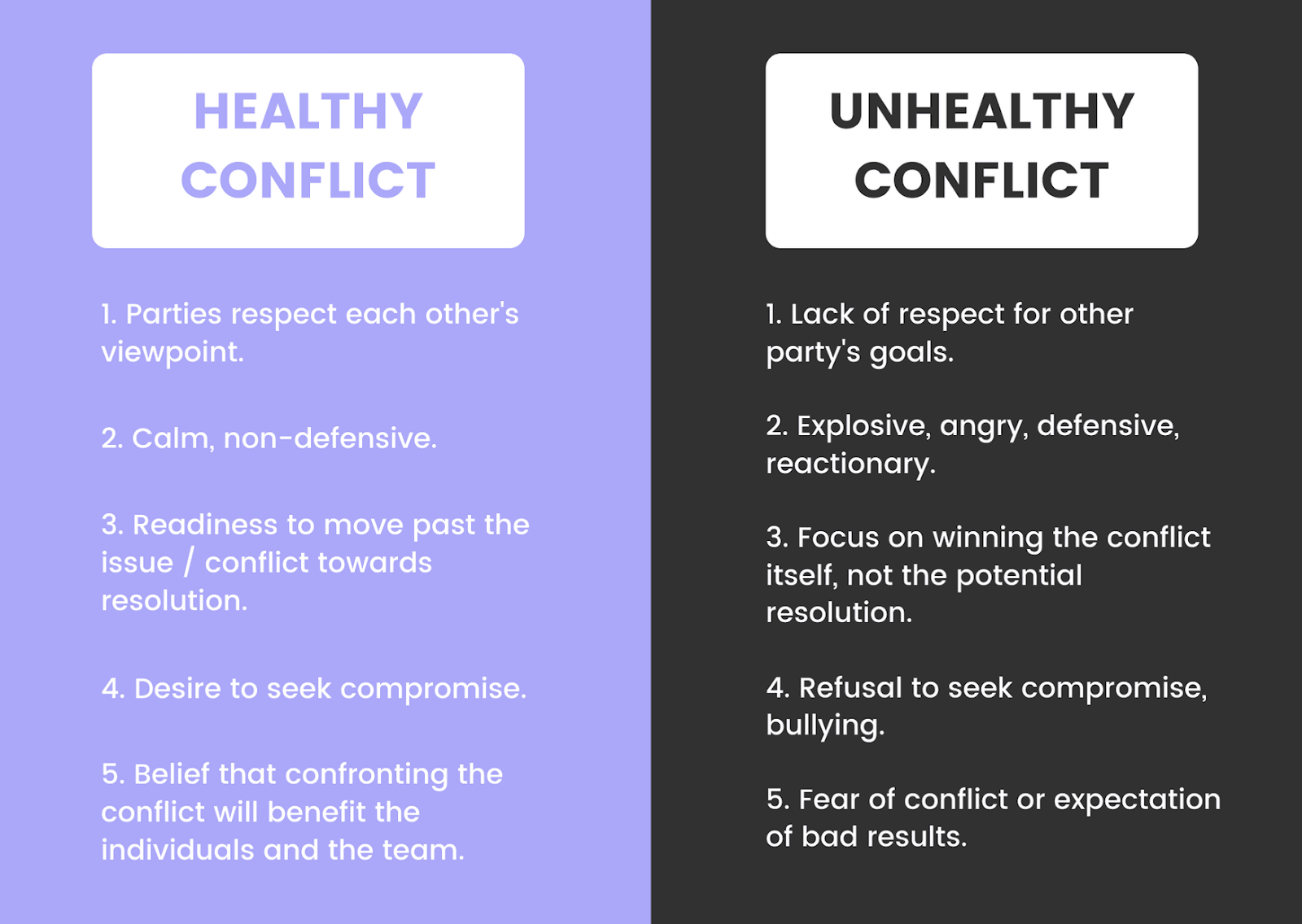
Evaluating the Impact of Compromising on Conflict Resolution in South Africa
Introduction
Conflict is an inevitable part of human interaction, and South Africa has faced its fair share of conflicts throughout its history. From the apartheid era to the present day, South Africans have had to grapple with issues of race, class, and inequality. In such a context, finding effective ways to resolve conflict is of paramount importance.
Compromising is often seen as a key strategy for resolving conflict. It involves finding a solution that satisfies both parties, even if it means that neither party gets everything they want. However, compromising can also be a double-edged sword. While it can help to resolve conflicts in the short term, it can also have negative consequences in the long term.
The Benefits of Compromising
There are a number of benefits to compromising. First, it can help to avoid violence and bloodshed. When parties are willing to compromise, they are less likely to resort to violence as a way of resolving their differences. Second, compromising can help to preserve relationships. When parties are able to find a mutually acceptable solution, they are more likely to maintain a positive relationship with each other. Third, compromising can help to build trust. When parties are willing to compromise, they show that they are willing to work together to find a solution that benefits both sides.
The Drawbacks of Compromising
However, there are also a number of drawbacks to compromising. First, it can lead to resentment. When parties feel that they have had to give up too much in order to reach a compromise, they may resent the other party. This resentment can build up over time and lead to further conflict. Second, compromising can lead to inaction. When parties are unable to find a mutually acceptable solution, they may simply give up on trying to resolve the conflict. This can lead to the conflict festering and becoming more difficult to resolve in the future. Third, compromising can lead to a loss of identity. When parties are forced to compromise on their core values, they may feel that they have lost a part of themselves. This can lead to a sense of alienation and isolation.
The Impact of Compromising on Conflict Resolution in South Africa
The impact of compromising on conflict resolution in South Africa has been mixed. On the one hand, compromising has helped to resolve some of the country’s most pressing conflicts. For example, the negotiated settlement that ended apartheid was based on a series of compromises between the white minority government and the black majority. On the other hand, compromising has also led to some negative consequences. For example, the government’s decision to compromise with the apartheid regime led to the deaths of many black South Africans.
Conclusion
Compromising is a complex and challenging strategy for resolving conflict. It can have both positive and negative consequences, and its impact will vary depending on the specific context in which it is used. In South Africa, compromising has played a significant role in both resolving and prolonging conflict. It is important to weigh the potential benefits and drawbacks of compromising before using it as a strategy for resolving conflict.
Recommendations
Based on the findings of this evaluation, the following recommendations are made:
- Compromising should be used as a last resort. Before compromising, parties should explore all other options for resolving their conflict.
- Compromises should be fair and equitable. Both parties should feel that they have gained something and lost something in the compromise.
- Compromises should be based on mutual respect. Parties should be willing to listen to each other’s perspectives and to understand their needs.
- Compromises should be implemented in a timely manner. Delays in implementing compromises can lead to resentment and further conflict.
- Compromises should be monitored and evaluated. Parties should regularly review their compromises to ensure that they are working as intended.
By following these recommendations, parties can increase the likelihood that compromising will be an effective strategy for resolving conflict.
